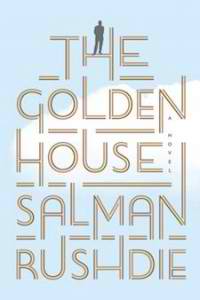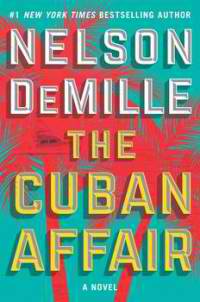Ancient Heavens by Robert E. Vardeman
 Saturday, September 9, 2017 at 7:31AM
Saturday, September 9, 2017 at 7:31AM 
First published in 1989; published digitally by Venture Press on March 26, 2017
Ancient Heavens begins in 2055. A Shi’ite Empire dominates Eurasia, systematically wiping out followers of all other faiths. A resistance group, the Church of Lost Eden, plans a journey to the stars where they can found a new Eden and practice their pacifist religion without fear of oppression. The plan calls for terraforming a planet in the Alpha Centauri system, giving half the planet to the corporation that will do the terraforming.
Things don’t work out quite as planned for the religious folk, causing them to need the planet before it is ready to inhabit. In the grand tradition of science fiction, the story becomes one of scientists concocting brainy schemes to save the bacon of nonscientists. There is a fair amount of hard science in Ancient Heavens and, not being a scientist, about all I can say is that it sounded plausible to me. I assume that real scientists will appreciate the cleverness of the fictional scientists more than I did, but I followed the basic concepts well enough to appreciate that the solutions are, in fact, clever.
Richard Drake is in charge of the terraforming. He’s consumed by the immensity of the task, which causes his pregnant wife to become more than a little dramatic. She wants a successful husband but she doesn’t want to deal with the demands of the career that made him a success. Relationship drama aside, the novel’s value lies in the appreciation it instills of how technically difficult it would be and how long it would take to make an uninhabitable planet inhabitable to humans.
By 2138, the plot takes on even more qualities of a soap opera. Richard has been frozen and thawed and his life on or near the terraformed Nerth has moved in unexpected directions, as has the Church of Lost Eden. The suggestion is that churches manipulate their followers, but they can also be manipulated by their leaders. The novel also illustrates the tendency of religions to condemn and oppress everyone who follows a different religion, or none at all. The pacifist religion, having been oppressed, has become an oppressive religion, again illlustrating a reality that is all too common in the real world.
In 2189, near the end of the novel, Richard learns what transpired on Earth after his departure. It isn’t pretty, but it is an imaginative projection from trends that existed when the novel was written. One of those trends is that corporations continue to gain rights and power, as if they are the equivalent of (or superior to) living organisms.
The family drama is sometimes difficult to believe, but it allows the plot to evolve its themes of power and treachery. The novel ends with a tale of corporate evil that threatens to wipe out human life on Nerth. The novel follows the science fiction tradition of demonstrating how resilient humans — scientists, in particular — can overcome all barriers, whether they are posed by the forces of nature and physics or by other humans. While I didn’t quite buy all of the relationship drama, some of which seemed unduly contrived, I enjoyed the novel as a whole.
RECOMMENDED



